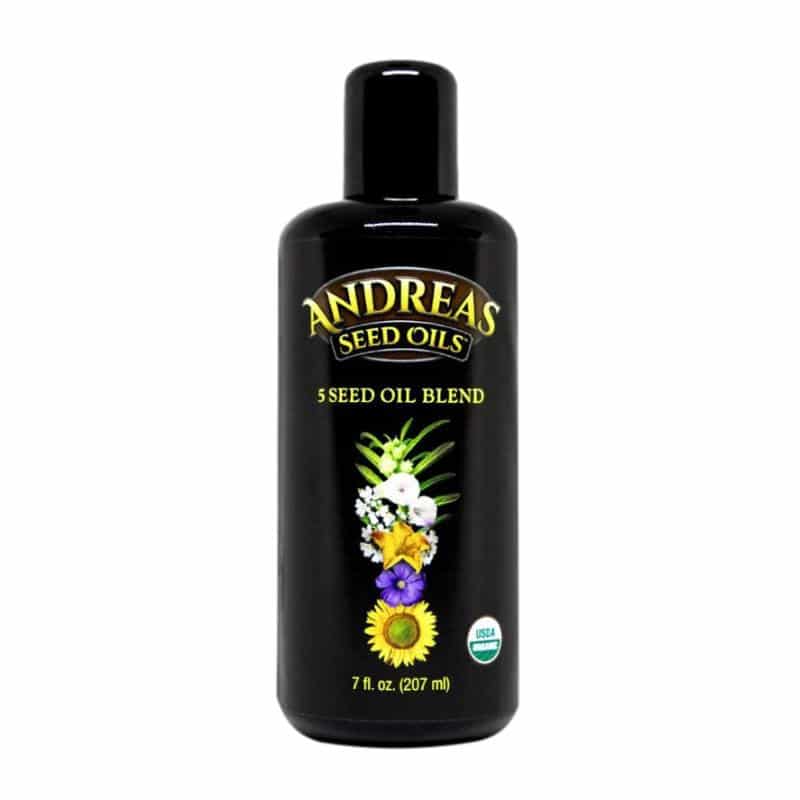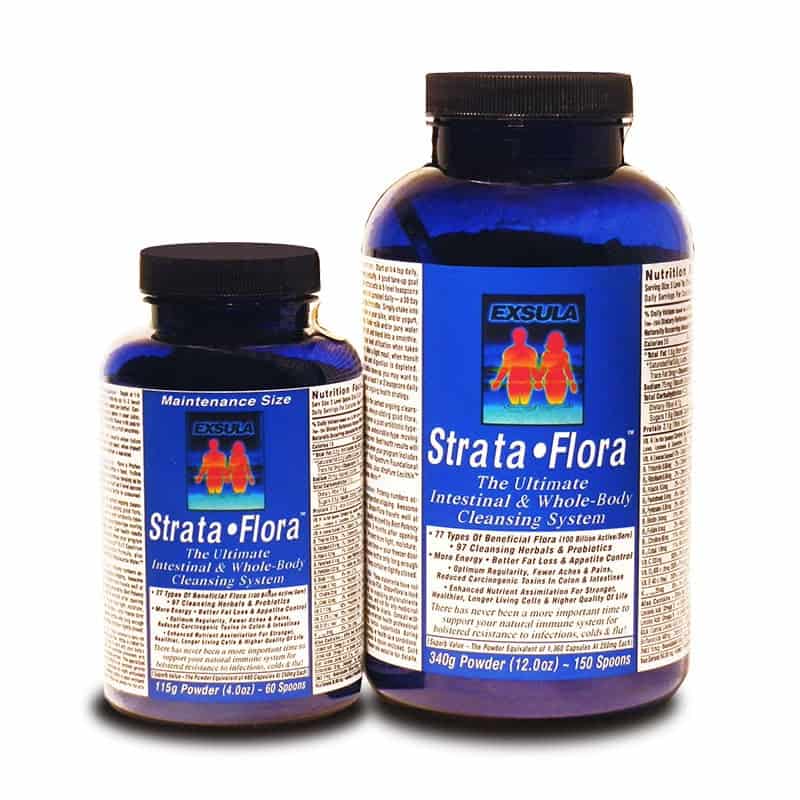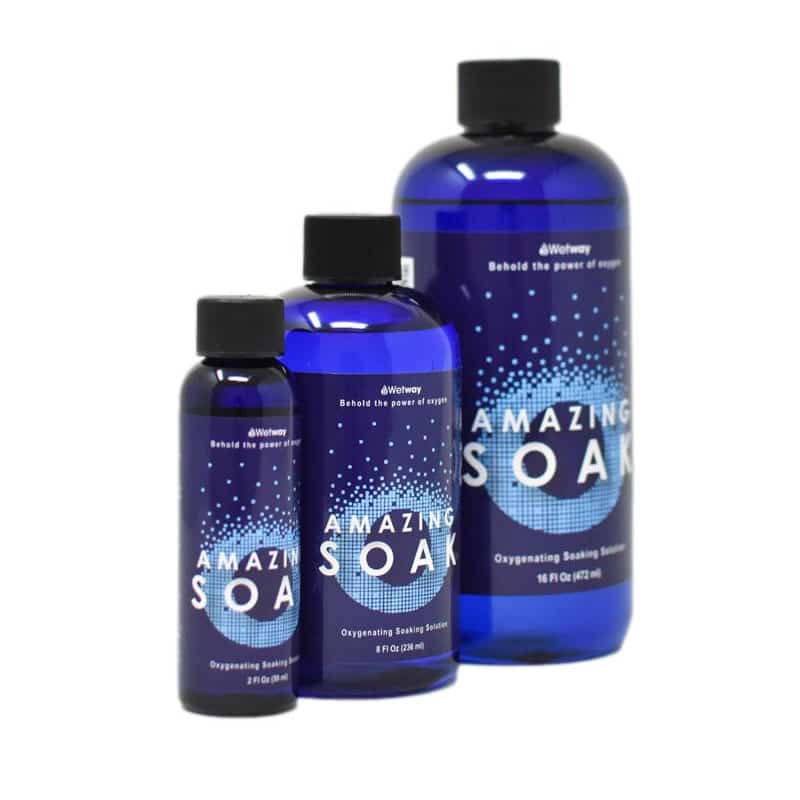No products in the cart.
Eczema and Psoriasis: Ease That Itch
by Dr. Carolyn Dean, MD, ND
Did you ever have a long-term maddening itch that is so intense, especially at night, that you damage your skin with your frantic scratching? If so, you’ve likely experienced the miseries of eczema, psoriasis or other types of dermatitis. These inflammatory conditions of the skin are slightly different conditions, but the terms are often used generically for any itchy, red, scaly skin problem. They can occur at any time in a person’s life, often beginning in infancy and may sometimes continue unabated for decades. Most of them manifest as painful swelling and oozing of the skin, bleeding cracks, severe scaling, itching and burning. Some sufferers have described eczema as “the itch that rashes” and others say when they sweat, it feels as though acid is being poured on them. Scratching that breaks the skin increases the risk of infection. Long-term scratching can cause the skin to become thick and leathery.
Causes of Eczema and Psoriasis
Eczema and psoriasis are potentially allergic conditions that can be triggered by environmental factors and dozens of other external irritants like the following:
- Laundry detergent
- Soaps
- Household chemicals
- Workplace chemicals
- Perfumes
- Animal dander
- Metals (such as nickel in jewelry)
While psoriasis is most often linked with external allergic triggers, eczema is often caused by food allergies. The most common allergens include wheat, nuts, seafood, eggs and some fruits, such as strawberries. Both conditions are often associated with food intolerances and multiple chemical sensitivities. If you have been regularly reading my articles, this will likely ring a bell, since food intolerances and multiple chemical sensitivities are often the result of dysbiosis or an imbalance of intestinal flora that causes yeast overgrowth. This is sometimes accompanied with widespread systemic effects. Another major cause of eczema and psoriasis is SAD – the dreaded Standard American Diet – which is rich in sugar and processed and refined foods. This sugar-filled diet eventually begins to wreak havoc with many aspects of our health.
Science suggests eczema and psoriasis may be autoimmune disorders, which in allopathic medicine tends to be a “cop-out” diagnosis. Integrative medicine argues that our immune system does not attack a healthy body. However, the immune system will go into overdrive when the body becomes toxic. An example of this is the simple case of aspartame, the poisonous artificial sweetener. Most “diet” products contain aspartame, a substance that people take in hopes of losing weight or use as a “healthier” substitute for sweetened products. These people often end up with itchy rashes that can be indistinguishable from eczema. A naturopathic doctor would say that in an attempt to eliminate aspartame, its metabolites are excreted to the skin surface where it causes irritation.
Characteristics of Psoriasis and Eczema
In the case of psoriasis, the National Institutes of Health (NIH) describes the condition as “an immune system disorder that affects the skin, and occasionally the eyes, nails, and joints.” Psoriasis may also affect very small areas of skin or cover the entire body with a buildup of red scales called plaques. The plaques are of different sizes, shapes and severity and may be painful as well as unattractive. Bacterial infections and pressure or trauma to the skin can aggravate psoriasis.
Most treatments focus on topical skin care to relieve the inflammation, itching, and scaling. For more severe cases, oral medications are used. Psoriasis is common and may affect more than 2 percent of all Americans. A particular type of eczema, called autoimmune progesterone dermatitis (APD), is a condition in which eczema flares when progesterone levels rise 3 to 10 days prior to the onset of menstrual flow. The condition then eases when progesterone levels drop during the menstrual period. Women with irregular periods may not have this clear correlation, thus making diagnosis more difficult.
APD also seems to run in families and the risk of eczema is particularly high in families with a history of asthma and hay fever – a further indication the condition is related to a compromised immune system. Eczema and psoriasis are both worsened by stress, but psoriasis is more affected by the weather. Cold dry winter weather worsens psoriasis, whereas sunny, hot, humid conditions make it better. In keeping with the autoimmune nature of psoriasis, when the person develops an infection, such as a sore throat or sinusitis, their psoriasis will often flare up.
Many classes of drugs, similar to the way that aspartame works, worsen psoriasis symptoms. These include antihypertensive ACE inhibitors and beta-blockers, Chloroquine (an anti-malaria drug), progesterone, indocin (the anti-inflammatory drug) and lithium. In addition to what conventional medicine says about psoriasis, clinically, it is associated with a deficiency of zinc, magnesium, essential fatty acids and represents a high degree of toxicity in the body.
Conventional Treatment Doesn’t Provide Much Hope
Conventional medicine will tell you that there is no cure for either of these conditions, although children with eczema will frequently “grow out of it.” Hydrocortisone cream or ointment is the most commonly prescribed conventional treatment for eczema and psoriasis. This is a strong and toxic medicine of limited effectiveness. Long-term use of steroid creams can result in side effects, such as thin, fragile, dry skin and even suppression of the adrenal glands. For these reasons, medications of this kind can only be used for short periods of time, which is not very helpful to the chronic sufferer.
When studying homeopathy, I learned when you suppress a skin condition with cortisone, especially in children, the focus of the child’s illness shifts from the skin to the lungs and they often develop asthma. Parents may be relieved their child’s skin condition has cleared, but don’t realize that they are substituting a milder condition for a much more serious one. Using antihistamines, like Benadryl, can be helpful in relieving itching, but they cause drowsiness, so they’re usually not appropriate for daytime use. UV light therapy has proven to be very helpful for some patients, especially for those suffering from psoriasis.
Natural Treatment
Eczema can be “cured” but psoriasis is a multifactorial disease that requires a multi treatment approach that is daunting for most people. Natural treatment begins with detoxification, especially for psoriasis. Saunas, exercise that makes you sweat, bowel, liver and kidney cleansing and removal of mercury amalgams in your teeth are all important considerations. Stress reduction is also an essential part of dealing with skin conditions. It’s often said you wear your heart on your sleeve. You also wear your emotions on your skin. Meditation, journaling, and just plain taking time for yourself are very important tools for calming your body and feelings.
Dietary Treatments
For both conditions, you will need to begin by eliminating sugar and refined and processed foods from your diet. This means avoiding table sugar, foods that contain sugar or high fructose corn syrup, any white food, like white bread, biscuits, pizza dough, baked goods, anything that comes in a box and most canned foods.
The next step is to avoid food irritants and allergens. For skin conditions that may be caused by food allergies or intolerances, I highly recommend the Elimination Diet. Go to www.yeastconnection.com for a detailed plan to eliminate suspect foods from your diet and then gradually reintroduce them, making detailed observations to determine which ones may be causing your problems. (Look under the Yeast Fighting Program section.) You can suspect a food allergy if you have continual craving for that food, or eat it every day.
Dietary Recommendations
- Add foods rich in vitamins A and B-complex, like green leafy vegetables, carrots, squash, sweet potatoes and dried beans.
- Add foods that are high in magnesium. These include nuts, seeds, whole grains, and fresh green vegetables-organic if possible.
- Magnesium is so essential for helping to prevent allergies, detoxify, improve skin quality and relaxation that you might consider adding it as a supplement. The most common form is magnesium citrate taken at 300 milligrams twice daily.
- Increase the omega-3 and omega-6 fatty acids in your diet – the healthy fats – by adding wild salmon (be sure it’s free of mercury), walnuts, vegetables, nut and seed oils, especially flaxseed oil, evening primrose oil and black currant oil.
I’m going to depart slightly from the dietary recommendations here to recommend two substances that must be taken in supplement form: probiotics and digestive enzymes. I consider them foods and essential for optimal human function, so I’m including them here. If you are not doing so already, start taking probiotics! While they are not technically foods, I’ve seen positive results over and over. If you correct the imbalance in intestinal flora by adding “good” bacteria to your system, many systemic problems will resolve themselves. I highly recommend that everyone take a probiotic daily.
In fact, there is a growing body of research that suggests that people with unbalanced intestinal flora have a higher risk of developing skin conditions like eczema, but probiotic supplementation diminishes or even eliminates the problem. Along the same lines, taking supplemental digestive enzymes will enhance digestion and rapidly improve the condition of skin. Digestive enzymes not only digest the meal you are eating, but, taken between meals, they have been shown to digest inflammatory proteins in the body that could otherwise cause skin irritation or other inflammatory conditions.
Supplements That will Help
Here’s a list of natural creams and supplements that I have found to be effective in relieving eczema and psoriasis:
Calendula: These creams are very popular in Europe for the topical treatment of eczema and psoriasis. The cream is often combined with soothing chamomile for a variety of skin conditions. It should be applied topically two or three times a day.
Chamomile: The German Commission E approves the use of chamomile for treating a variety of skin conditions. Topical chamomile treatments can reduce inflammation and allergic reaction activity. Look for a cream containing 3 to 10-percent crude drug chamomile content and follow the label for dosage directions.
Dandelion: This lawn “weed” has been used to treat skin conditions in traditional herbal medicine on the premise it detoxifies the blood, thus eliminating allergens, inflammationy-causing toxins and chemicals from the body. It’s most commonly used as a tea or you could take 250-500 mg. of dandelion extract daily.
Omega-3 fatty acids: People with skin disorders frequently have low levels of omega-3 fatty acids. Studies indicate that supplementation with omega-3s will reduce severity and inflammation of eczema and psoriasis. Look for a good fish oil or flaxseed oil supplement that contains both EPA (eicosapentaenoic acid) and DHA (docosahexaenoic acid). The best forms also include an omega-6 component as well to achieve a balance of the two oils. Take 2 to 4 grams daily.
In addition, be sure you’re taking a good multi-vitamin that contains beta-carotene and vitamin A that promotes tissue healing. Another helpful vitamin is vitamin E because it helps moisturize skin from the inside and promotes tissue healing. Taking selenium will help the body use vitamin E. Finally; taking Zinc is a good choice, as it helps with wound healing.
Carolyn Dean, MD, ND, is health advisor to Woman’s Health Connection at www.yeastconnection.com and is featured on the website’s “Ask the Expert” page. She has written Hormone Balance (to be released Spring 2005), Everything Alzheimer’s, The Miracle of Magnesium and Natural Prescriptions for Common Ailments.







